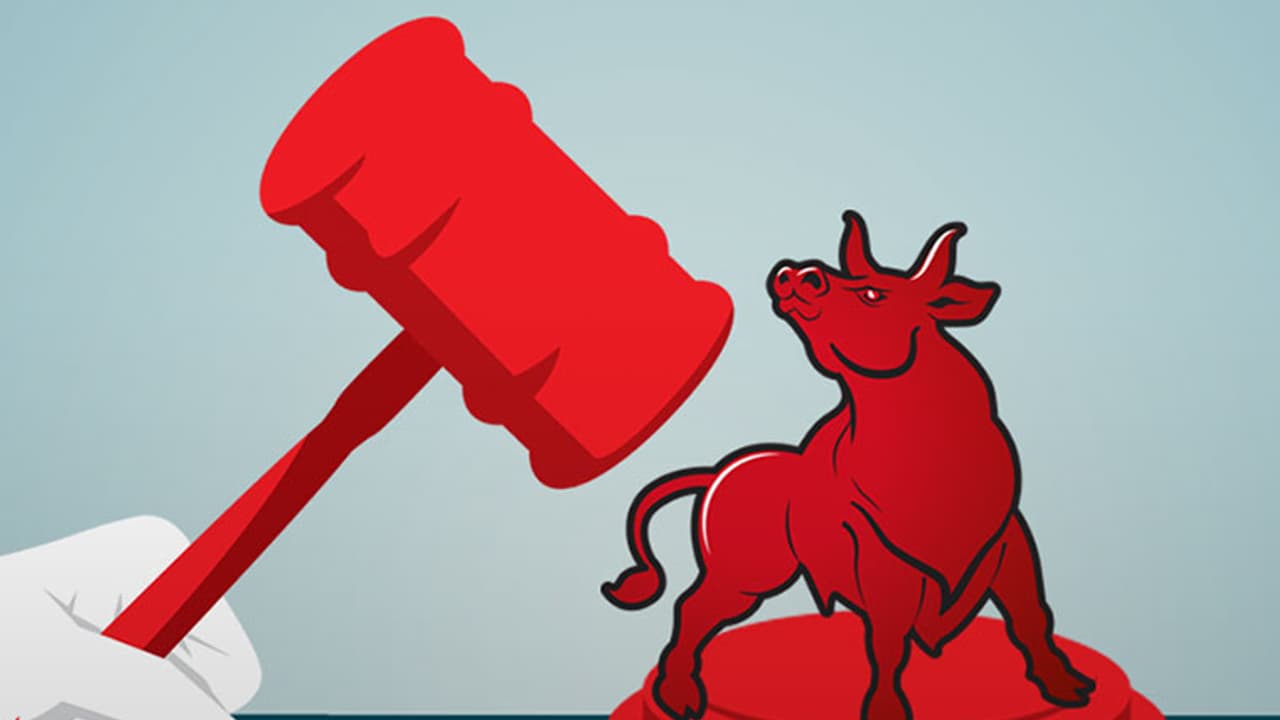TN had passed a law in 2009 that permitted Jallikattu only with the permission of the DC Jallikattu was banned under Central law of Prevention of Cruelty to Animals Act of 1960 SC had recently ruled that bulls cannot be used in Jallikattu, races, fights or any kind of performances
Even as the Supreme Court (SC) rejected a plea to revoke its ban on the controversial bull-taming sport of jallikattu in Tamil Nadu on January 12, activists and protesters conducted the sport near a temple in Cuddalore district on the same day ahead of the Pongal festival.

Nearly 30 people were arrested by the police for participating in the event at Cuddalore that was organised by the Nam Tamizhar Katchi, a small hard-line regional party. While the Supreme Court has refused to pass a judgement on the issue before Pongal, which starts on January 14, festival organisers in Madurai and Tiruchirappalli (Trichy) districts have announced plans to organise jallikattu events in open defiance of the existing ban.
Watch: Up close and personal: Inside a Jallikattu ceremony
The Supreme Court’s decision on January 12 led to a wave of protests across Tamil Nadu, including in places where jallikattu is not even popular. Students and local residents blocked traffic in Madurai, Dindigul and Sivagangai, according to local media outlets. The protests have been led by political parties, with even filmmakers lending support. The issue has been portrayed as a matter of protecting “Tamil culture.” Tamil historians claim the sport dates back to the second century.
Given the perceived vacuum in Tamil Nadu politics following J Jayalalithaa’s death in December, all major political parties in the state have taken up the jallikattu issue to fan emotions and build support. DMK leader M K Stalin criticised the Central government’s perceived lack of support in dispatching drought aid and for not enacting an ordinance to bypass the Supreme Court ban. The political posturing and emotive protests will put Chief Minister O Panneerselvam in a dilemma; the CM has assured jallikattu events will be held.
The Supreme Court had banned the sport in 2014 on the basis of a report submitted by the Animal Welfare Board of India. The report found that previous SC guidelines regulating jallikattu had been violated, with bulls being subjected to severe cruelty and injuries. These violated provisions of The Prevention of Cruelty to Animals Act, 1960. Furthermore, the report also found that the sport posed a major risk to spectators — more than 1,000 people were injured in jallikattu incidents from 2010 to 2014, with 19 of them dying.
The State government has sought to act under the aegis of the Tamil Nadu Regulation of Jallikattu Act, 2009, which permits the sport. However, the SC had previously declared this legislation constitutionally void. Central legislations will have precedence over the 2009 law as it does not have presidential assent. Politically motivated changes to regulations have not helped: the Narendra Modi government had removed bulls from the list of animals that are banned from being used as performing animals in 2016 though the SC soon stayed the order.
If Tamil Nadu defies the SC’s orders, it won’t be the first instance of the apex court’s power being openly defied. Karnataka repeatedly defied the SC’s orders to share Cauvery waters to Tamil Nadu in late 2016, citing massive public opposition. In February 2016, a team of observers appointed by the SC were heckled when they arrived at the Patiala House court premises in Delhi to ensure the safety of JNU student leader Kanhaiya Kumar who had been attacked by lawyers while being produced in court.
The SC’s ability to enforce its writ is dependent significantly on the executive’s cooperation, at both central and state levels. This appears to be missing in the case of jallikattu and the consequences will be very worrying for India’s future as a constitutional democracy.
